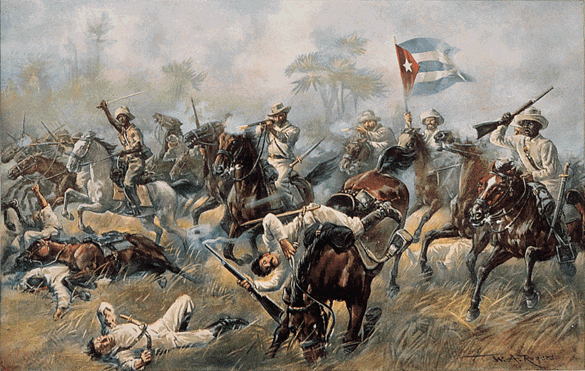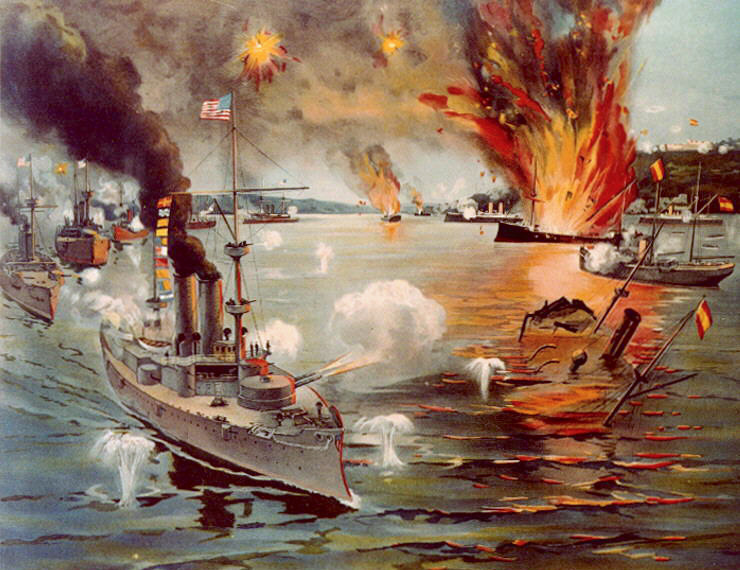A Statement of the distribution of land and titles, or an attack against the claimed titles of Duque Pedro Tellez-Giron.
I am forced here-now to write this statement, due to the grevious misuse and blatant fraudulency expressed by this new, upstart, up and comer to our noble court. I hereby call the crown to formally strip Duque Pedro de Alcántara Téllez-Girón y Beaufort of titles that are not his to bear. To the benefit of the Crown, I will recite these in this statement. I condemn this man for his use of lies, in attempts to improve his own standing in our circles. I demand an immediate apology, and rectification to the facts that the gentleman has thus far presented to the court.
An Addendum was founded on a secondary sheet of paper, listing the titles, and property, which the Duque has so greviously claimed was his.
I am forced here-now to write this statement, due to the grevious misuse and blatant fraudulency expressed by this new, upstart, up and comer to our noble court. I hereby call the crown to formally strip Duque Pedro de Alcántara Téllez-Girón y Beaufort of titles that are not his to bear. To the benefit of the Crown, I will recite these in this statement. I condemn this man for his use of lies, in attempts to improve his own standing in our circles. I demand an immediate apology, and rectification to the facts that the gentleman has thus far presented to the court.
An Addendum was founded on a secondary sheet of paper, listing the titles, and property, which the Duque has so greviously claimed was his.
- The Palacio del Infantado, by all rights my, and my bloods, house and primary resistance in Iberia
- Duque de la Infantado, a fact that should be clear, this title is one upon which is vested in my person, as before and with all subsequent claims were passed down to me by my father.
- Duque de Estremera
- Duque de Francavilla
- Principe de Belmonte
- 15th Duque de la Infantado,11th Duque de Pastrana,11th Duque de Estremera,12th Duque de Francavilla,12th Duque de Peñaranda de Duero, Duke de Acerenza,
- 10th Marqués de Távara,Marqués de Santillana,Marqués del Cenete,Marqués de Almenara,Marqués de Cea,Marqués de Campoo,Marqués de Algecilla,Marqués de Argüeso,Marqués de Valderrábano,Marqués de Villanueva del Fresno y Barcarrota,Marqués de la Algaba,Marqués de la Bañeza,Marqués de Mirallo,Marqués de Valdunquillo,Marqués de Galatone, Marqués de Castellabate,
- Conde de Saldañ,Conde de Villada,Conde del Real de Manzanares, Conde del Cid, Conde de Montijo, Conde de Miranda del Castañar,Conde de Fuentidueña,Conde de Casarrubios del Monte,Conde de San Esteban de Gormaz ,Conde de Copertino
- Vizconde de Palacios de la Valduerna
- Grandee First Class, Knight of the Royal and Distinguished Spanish Order of Charles III,
- Secretary of State and Chief of the Department of Truth and Honesty, Secretary of the State Council, Viceroy of Leon-Castilla and Acting Viceroy of Granada, Lord of the Bedchamber and Court Chamberlin
Last edited:






